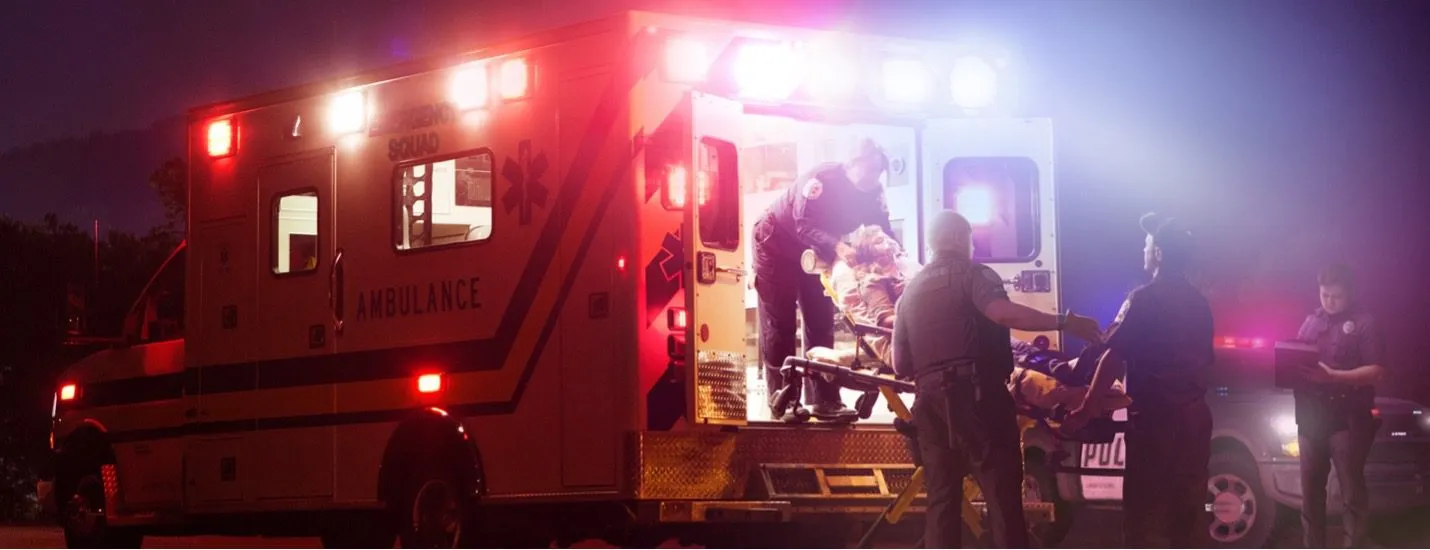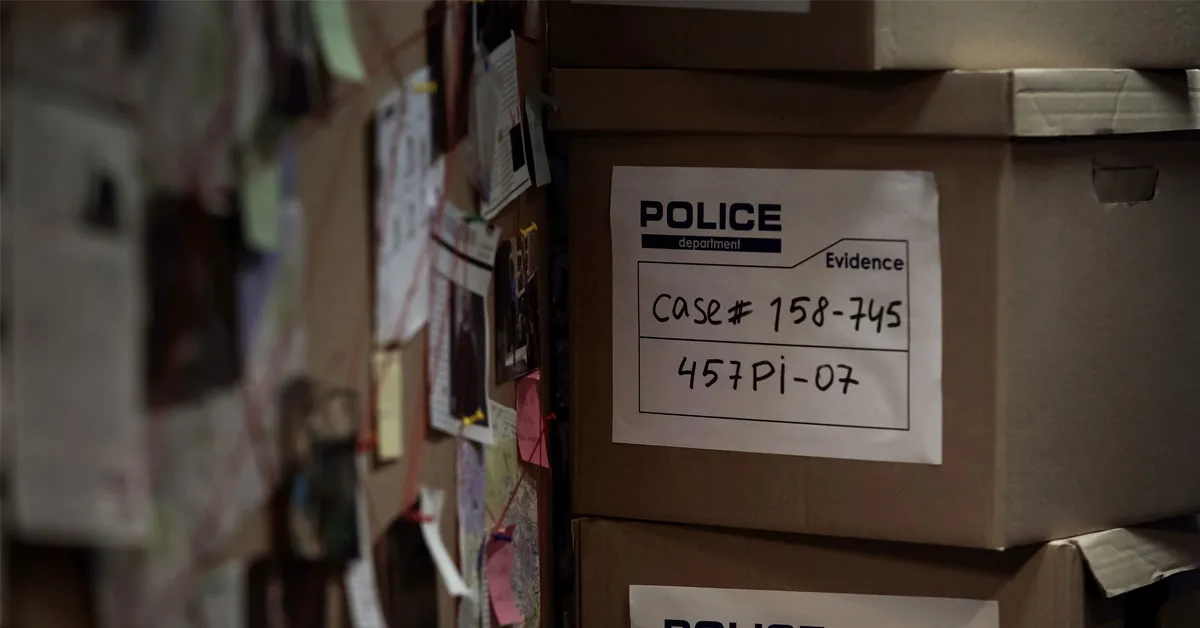
Many in the law enforcement and emergency responder community – including police and fire departments, hazardous materials, emergency medical services, medical examiners, and urban search and rescues – consult with subject matter experts (SME) on the job and eventually become one themselves post-retirement.
In this blog, I will define what it means to be an SME and how to become one, within the context of law enforcement.
What is a Subject Matter Expert?
Simply put, an SME is a person who has demonstrated extensive knowledge, skills and experience in a specific subject or discipline. It is not a term specific to the law enforcement community, but for the purposes of this discussion, I will focus on the following lanes: law enforcement, forensics, counterterrorism, hazardous materials, and weapons of mass destruction.
How to Become an SME
1. Education & Training
To become an SME, you must obtain extensive, documented education and training in a specific discipline (or disciplines). This means advancing beyond theoretical book knowledge and into practical applications. The knowledge base and skillsets require documented proficiency testing to ensure you have exceeded the discipline’s standards for proper application and performance.
2. Real-World Field Experience
Moving towards the goal of becoming an SME requires that you go beyond the academics and into “Real World Field Experience” in your discipline(s) subject matter. Academics and training alone will not get you SME status.
No amount of academics and training can ever be substituted for real-world practical field experience. In order to establish credibility in your discipline(s) subject matter, you must have done actual documented fieldwork. And not just a few documented examples or cases. You must have a substantial documented body of work to establish your credibility for SME status.
3. Seek Certifications & Licenses
Once you have met the educational and fieldwork requirements, your next step is to seek certifications in your discipline.
In some cases, your employer will provide you with the certification once you have met the requirements for it. In other cases, certifications or licenses must be obtained through governmental agencies that have regulatory and oversight authority of specific professions and disciplines.
You may also obtain certifications in specific subject matter disciplines from various professional trade organizations and associations. Typically, these certification/licensing authorities or professional associations will have established minimum requirements in education, training, and field experience. Once you have met these requirements, you can apply to obtain them.
After these certifications or licensing entities have reviewed your application and verified that you have met their requirements, they will require you, the applicant, to be tested. Sometimes this testing will take the form of a proctored written test, a proctored practical test or a combination of both written and practical testing. It should be noted that there are usually fees associated with the certification and licensing applications and testing.
If your employer requires these certifications and licensing, they may pick up the cost for this. However, if having these certifications or licensing is a prerequisite to be hired, you may have to pay for them. Either way, if you are a true professional and looking for that SME status, you should seek these certifications and licenses out on your own.
A few last notes about obtaining certifications and licensing: it shows your professionalism and commitment to your subject matter discipline(s). In addition, it requires you to obtain continued education and training in your discipline(s) to maintain your certifications and licenses, ensuring that you are staying up-to-date and current. Most certifications and licenses require proof of continued fieldwork in your discipline(s) and retesting. Just as with the initial applications, the recertifications and relicensing come with fees.
4. Conduct Research & Publish Articles
Another area that helps establish someone as a subject matter expert is to conduct research and publish peer-reviewed research papers, articles, or textbooks on topics in your discipline(s), as well as present your work at professional trade association annual training conferences. One thing I was taught early on in my career about being an SME, was the adage, “Publish or Perish.”
5. Join Professional Trade Associations
Lastly, you should join and actively participate in various professional trade associations within your discipline(s).
These associations typically offer annual training conferences, which will assist you with staying current and obtaining the continued education credits that are required to maintain your certifications and licenses.
Joining such professional trade associations does cost money, as does attending their conferences and training. If it’s required by your job, hopefully they can provide the funding. If your job won’t provide the funding, and you are serious about your profession, then you should carry the burden of the cost. It should be noted that in most cases, professional training, association, certifications, and licensing fees are tax-deductible.
Another source for professional trade associations, one that typically doesn’t require a fee to become a member, can be found on LinkedIn. You can apply, join professional conversations and stay current in your discipline(s). You can also publish articles free of charge on LinkedIn in your discipline(s) and even get peer-reviewed.
SME Recognition
Once you have established your bona fides, do you now represent yourself as an SME? Absolutely not.
Always be humble. Let others in and outside of your discipline(s) recognize you as an SME. In my subject matter disciplines of forensics, counterterrorism, and hazmat, these people usually include:
- Employers
- Contractors
- Professional associations
- Publishers, the media
- Television productions & motion picture industry
- Educational institutions
- Law enforcement agencies
- Fire/hazmat agencies
- Government agencies/departments
- Political branches of government
- Non-government organizations (NGOs)
- Prosecutors
- Defense attorneys
- Judges
- The courts
SME Ethics
I would be remiss if I did not touch briefly on SME ethics. Once you have been recognized as an SME, it’s important to remember where your expertise begins and where it ends. Never go beyond your area of expertise. To do so is to put in jeopardy all of the hard work that got you recognized as an SME, as well as your professional reputation.
If a certification board, licensing authority, professional association or employer finds that you have violated their ethics codes, you can be disciplined, sanctioned, fined, or suspended – and in the worst-case scenario, you can lose your certifications, licenses, professional association memberships and even your job. Either way, your reputation may be irreversibly damaged, and you will find no future in your SME discipline(s).
Staying Relevant as an SME Post-Retirement
Typically, emergency responders who follow what is outlined above obtain and maintain SME status over a long career with their agencies. But once you are retired, how do you stay current in your discipline(s)?
First, keep your professional association memberships in your discipline(s) and continue your participation in their educational conferences. In addition, update your training in your discipline(s). Take the latest versions of courses you have taken previously to ensure your knowledge base and practical skills are up to date. Continue to do research in your discipline(s), publish articles and conduct presentations in your professional associations.
Where do you obtain the fieldwork required to maintain your certifications and licenses? Well, take your SME experience and start consulting. Open your own consulting company. There are plenty of private sector companies and public sector agencies – including emergency responder agencies, prosecutors, and defense attorneys – that are always looking for SME consultants for a variety of tasks.
Often, these agencies are searching for SMEs to help with training. There are many private and public sector opportunities for you to spread your knowledge and experiences by training personnel within your discipline(s).
However, this may require you to gain additional certifications in order to provide training for emergency responders. These certifications can be acquired during your career with an emergency responder agency, a state regulatory agency, or a professional association. If you choose this path, I highly recommend obtaining a method of instruction course or an instructor development workshop to prepare for training adult learners.
Finally, you can take your SME experiences to institutions of higher education, such as colleges and universities. With this route, you may be required to have a graduate degree or a state teacher’s license or certification. Working at a college or university will also give you access to the latest research projects and reference materials in your discipline(s), which will aid in keeping you up to date.
Whether you pursue becoming a trainer, instructor, or adjunct faculty at an institution of higher education, you absolutely must have extensive documented practical field experience in the subject matter discipline(s) you will be educating others on. You don’t want to fall into the old cliché, “Those who can, do; those who can’t, teach.”
To stay relevant and remain working, never rest on your career achievements alone. Always strive to learn and practice more.
I hope this is helpful, and I wish you all success in your endeavors!




